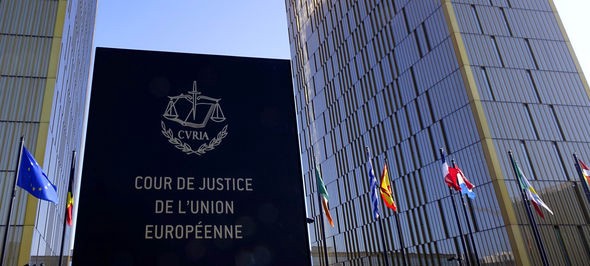On 7 November, the Court of Justice of the European Union (CJEU) delivered its judgment on a preliminary reference regarding time requirements for applications for family reunifications of asylum-seeking families, as laid out in Directive 2003/86.
The case concerned a third-country national who applied for family reunification four months after receiving subsidiary protection status. The application was rejected on the ground that it had been lodged more than three months after obtaining a residence permit in the Netherlands, without that delay being excusable. The applicant challenged the decision with the District Court of The Hague and, on appeal, before the Council of State.
The latter decided to refer a question to the CJEU on whether the situation at issue in the main proceedings falls within the scope of that directive in so far as the sponsor has subsidiary protection status. The referring court also asks whether an application for family reunification, on the basis of the Directive’s provisions regarding beneficiaries of international protection, can be rejected for the sole reason that it was not submitted within the period laid down in the third subparagraph of Article 12(1).
On the question of jurisdiction, the Court referred to its own case-law to confirm its competence for a preliminary ruling on questions concerning provisions of EU law in situations in which, even if the facts of the case in the main proceedings do not fall within the field of application of EU law directly, the EU provisions have been rendered applicable by domestic law due to “a renvoi” made by that law to the content of those provisions. As previously found by the Court, where such applicability is direct and unconditional, its competence lies on the need to ensure that those situations and situations falling within the scope of EU law are treated in the same way.
On the second question, the Court noted that, since the Directive does not determine how the application in question should be regarded procedurally if lodged out of time, an examination of the question should be made with consideration to the principles of equivalence and effectiveness. In this context, the Court found EU law does not preclude national legislation which permits the rejection of a family reunification application on the ground of late submission, as long as other possibilities of lodging a fresh application under a different set of rules are provided. Such legislation, however, should ensure, inter alia,that such ground of refusal cannot apply to cases where individual circumstances render the late submission objectively excusable and that information guarantees for applicants who are rejected are in place.

